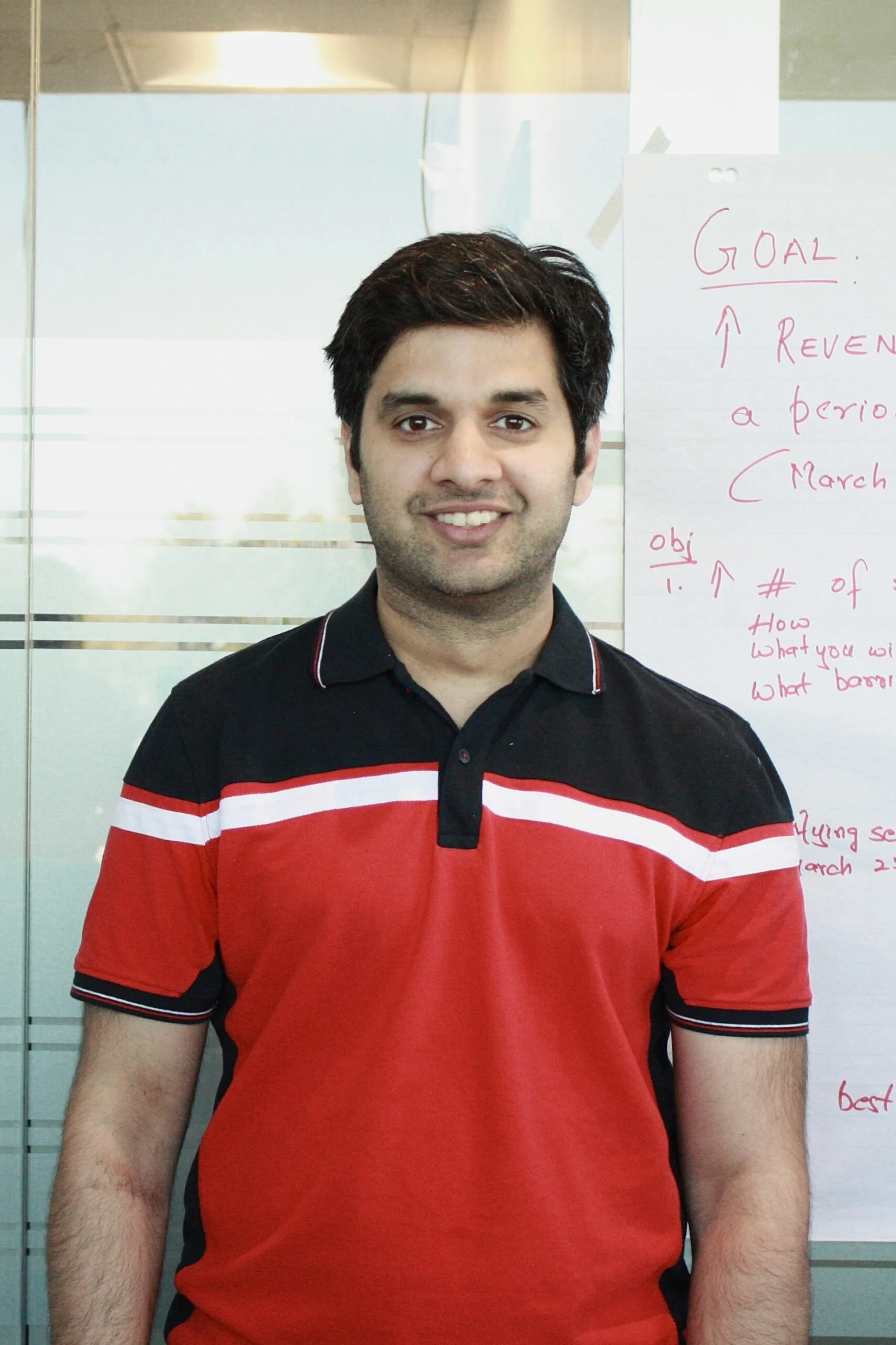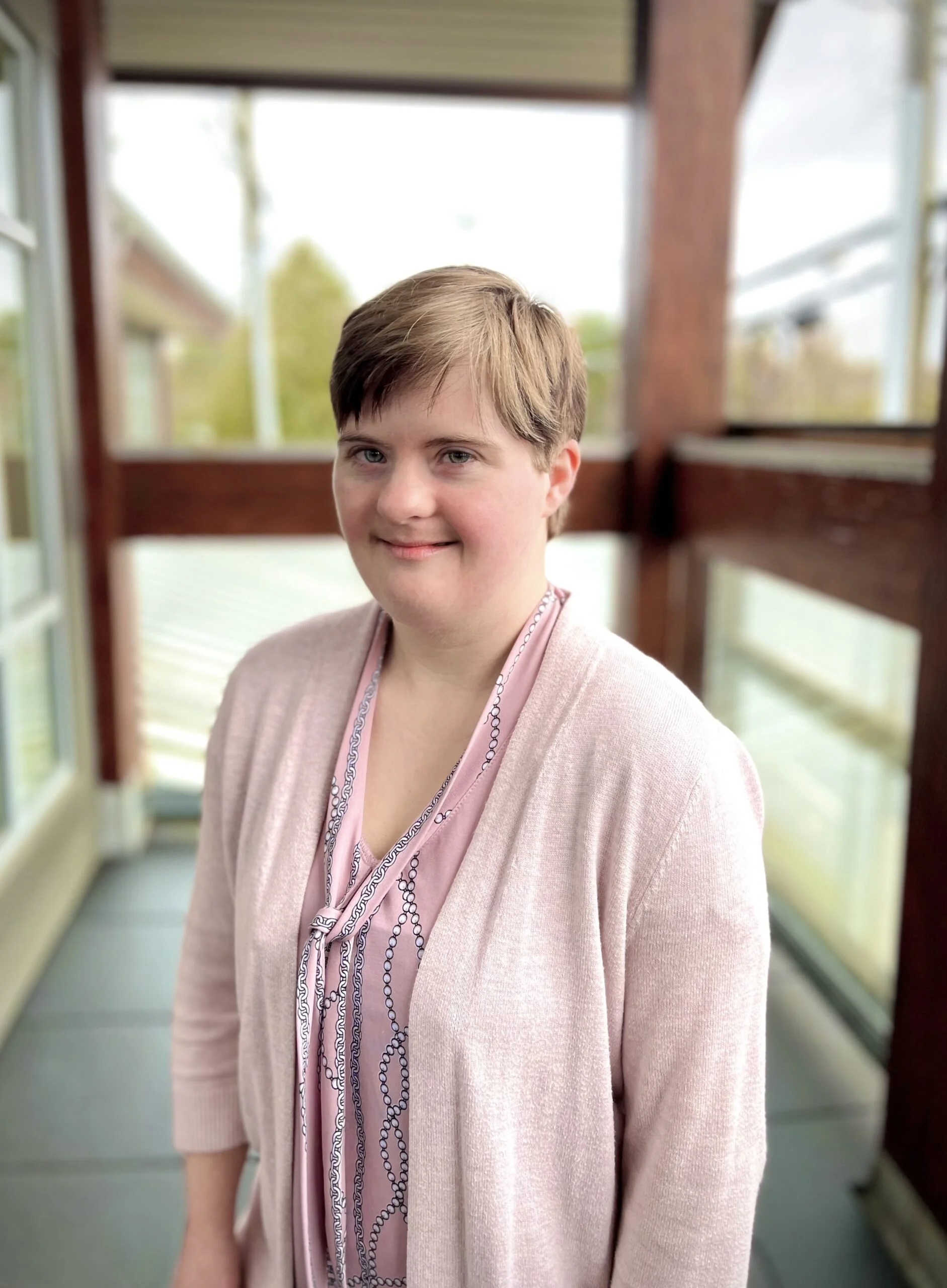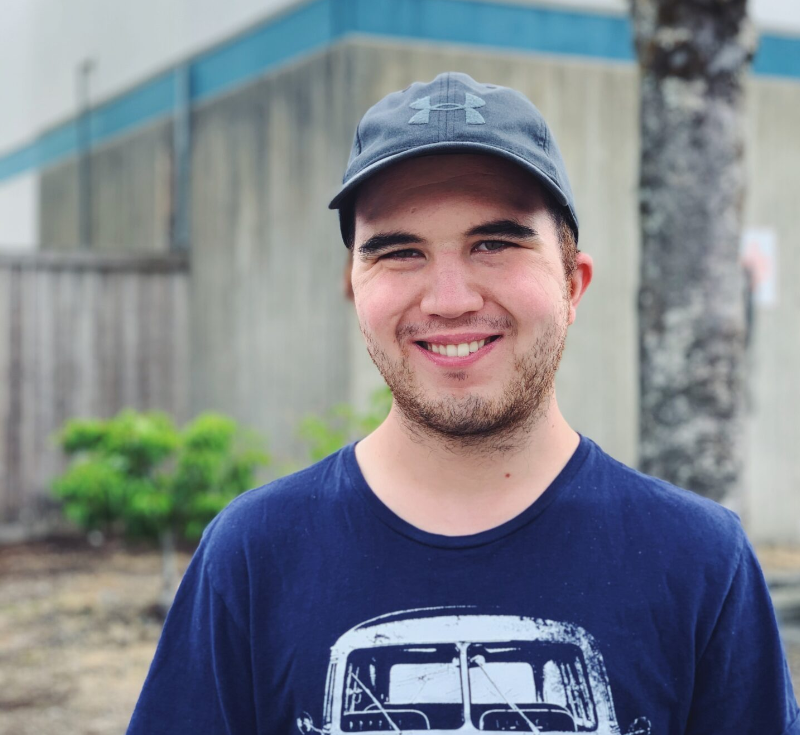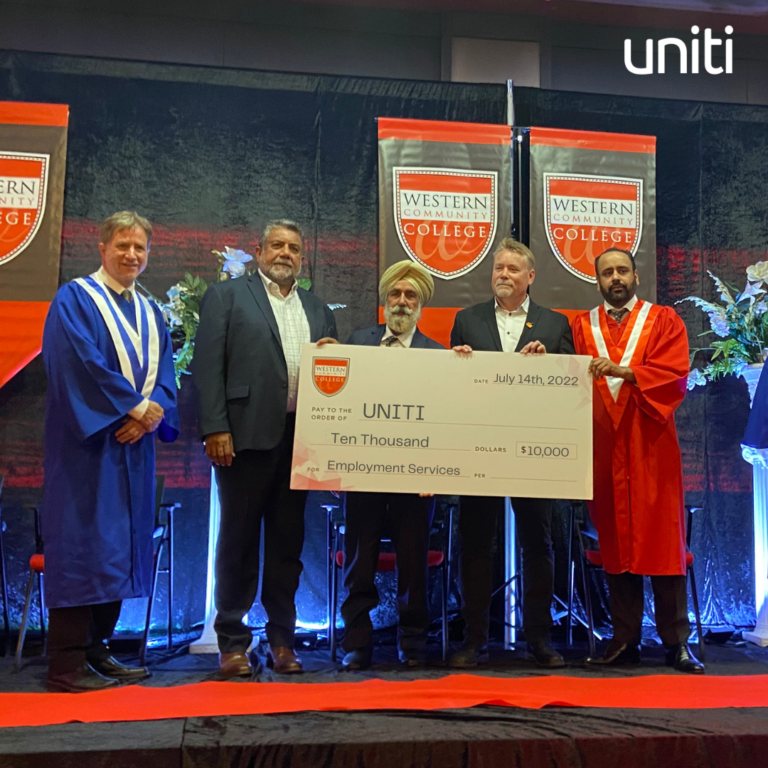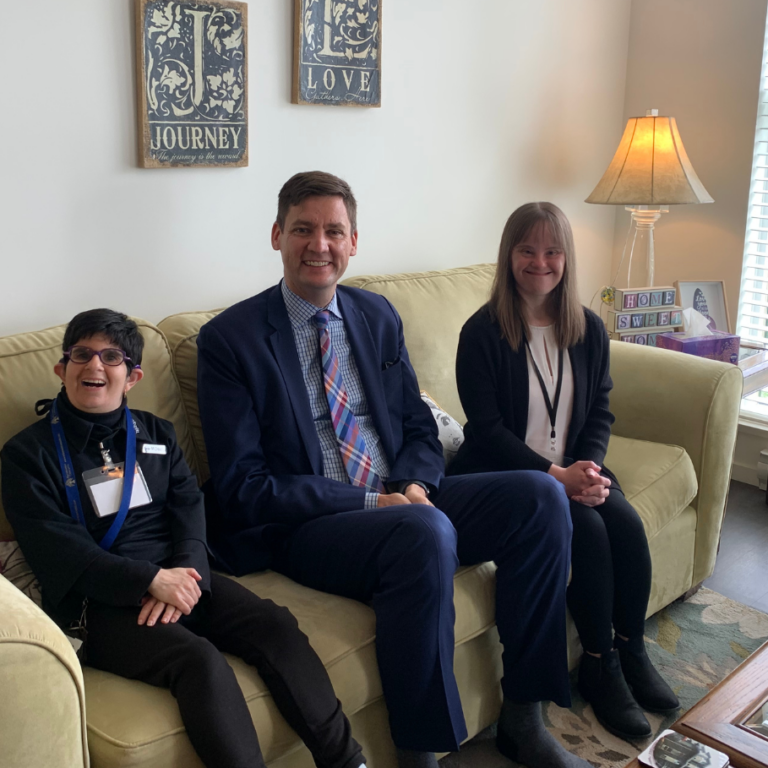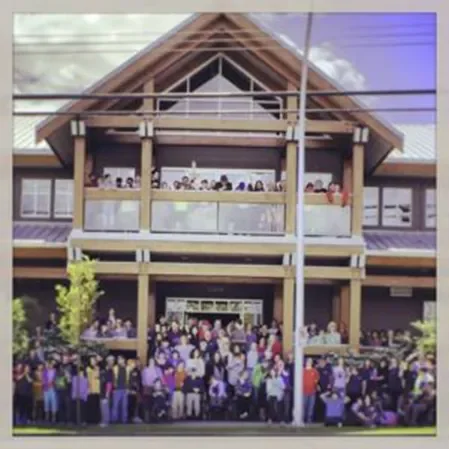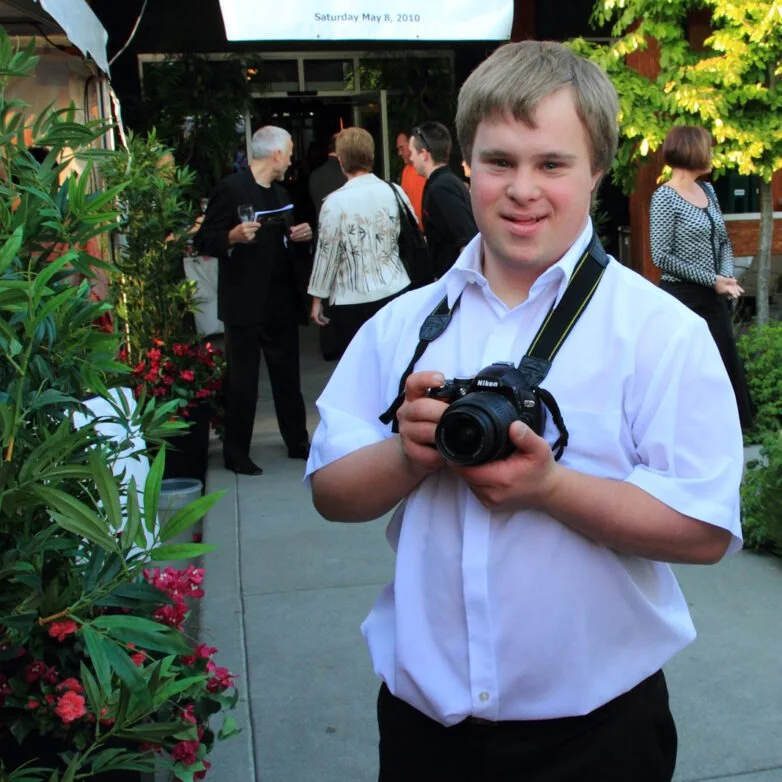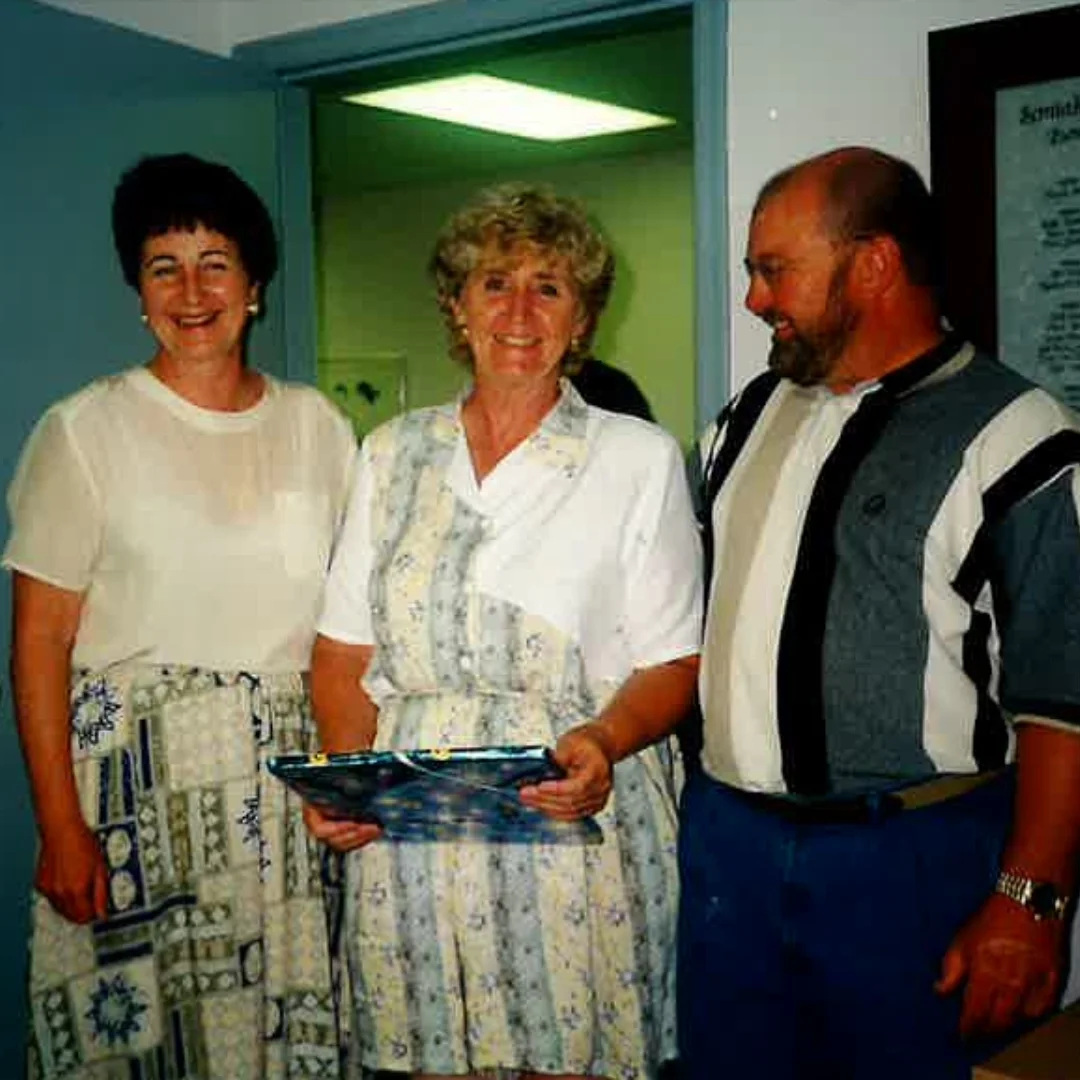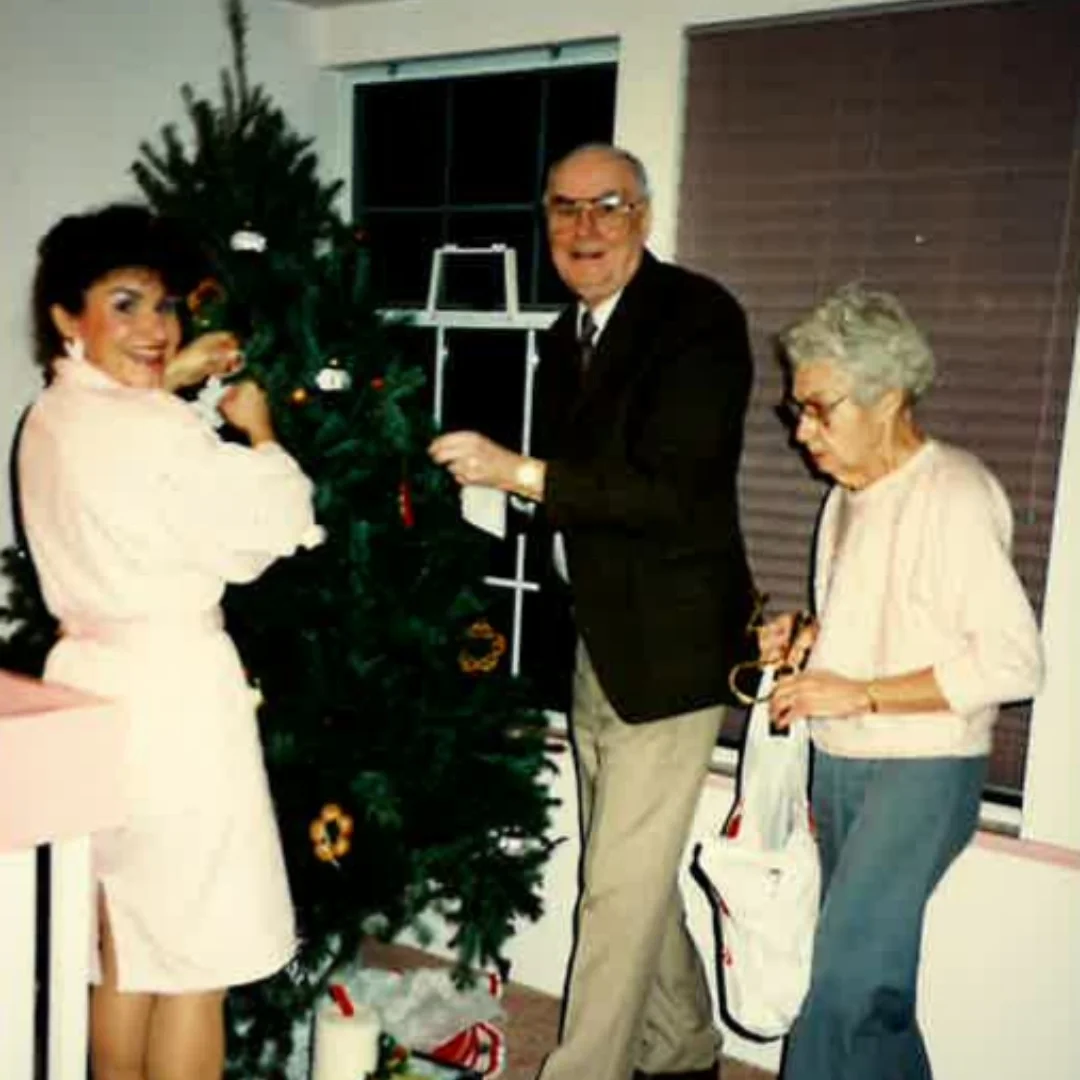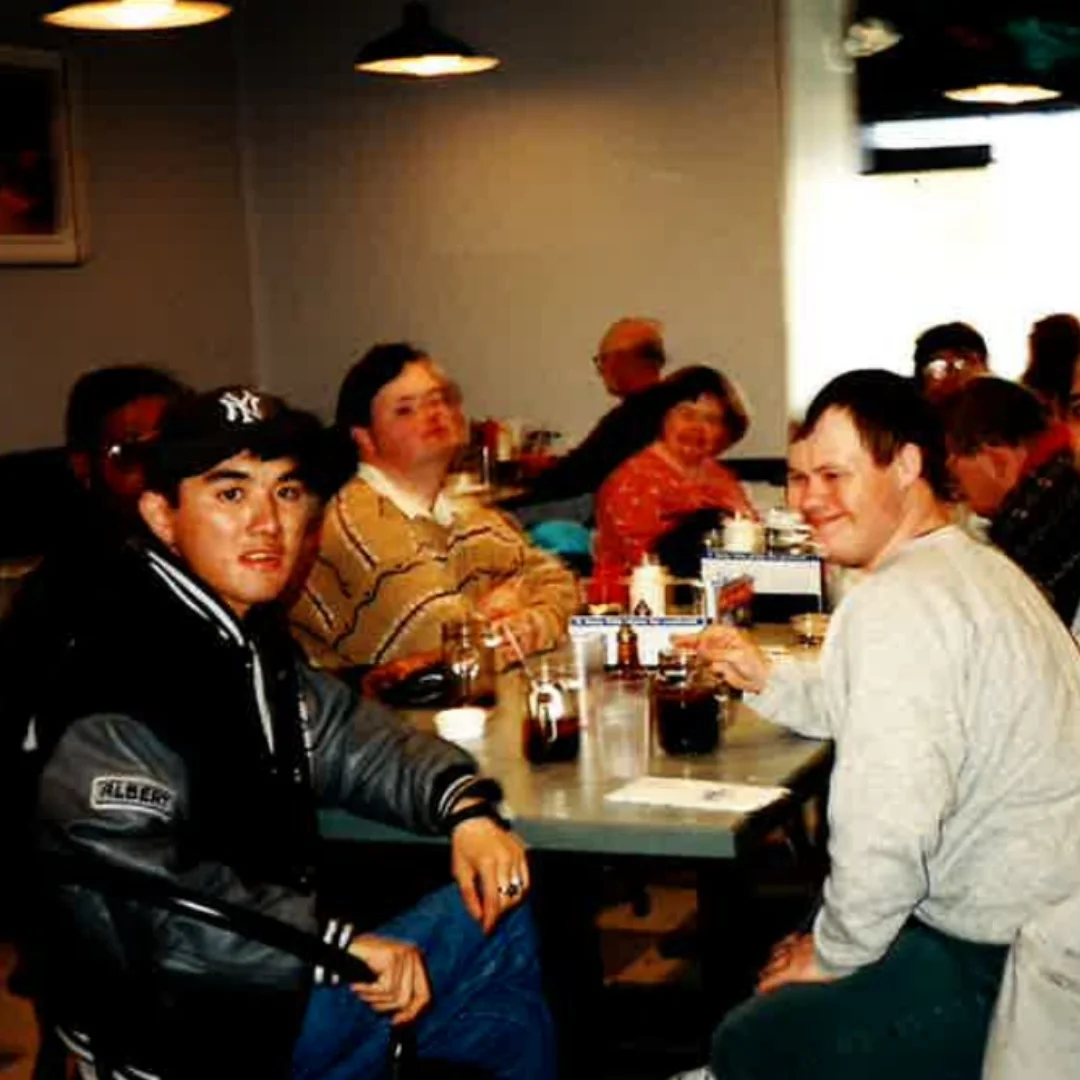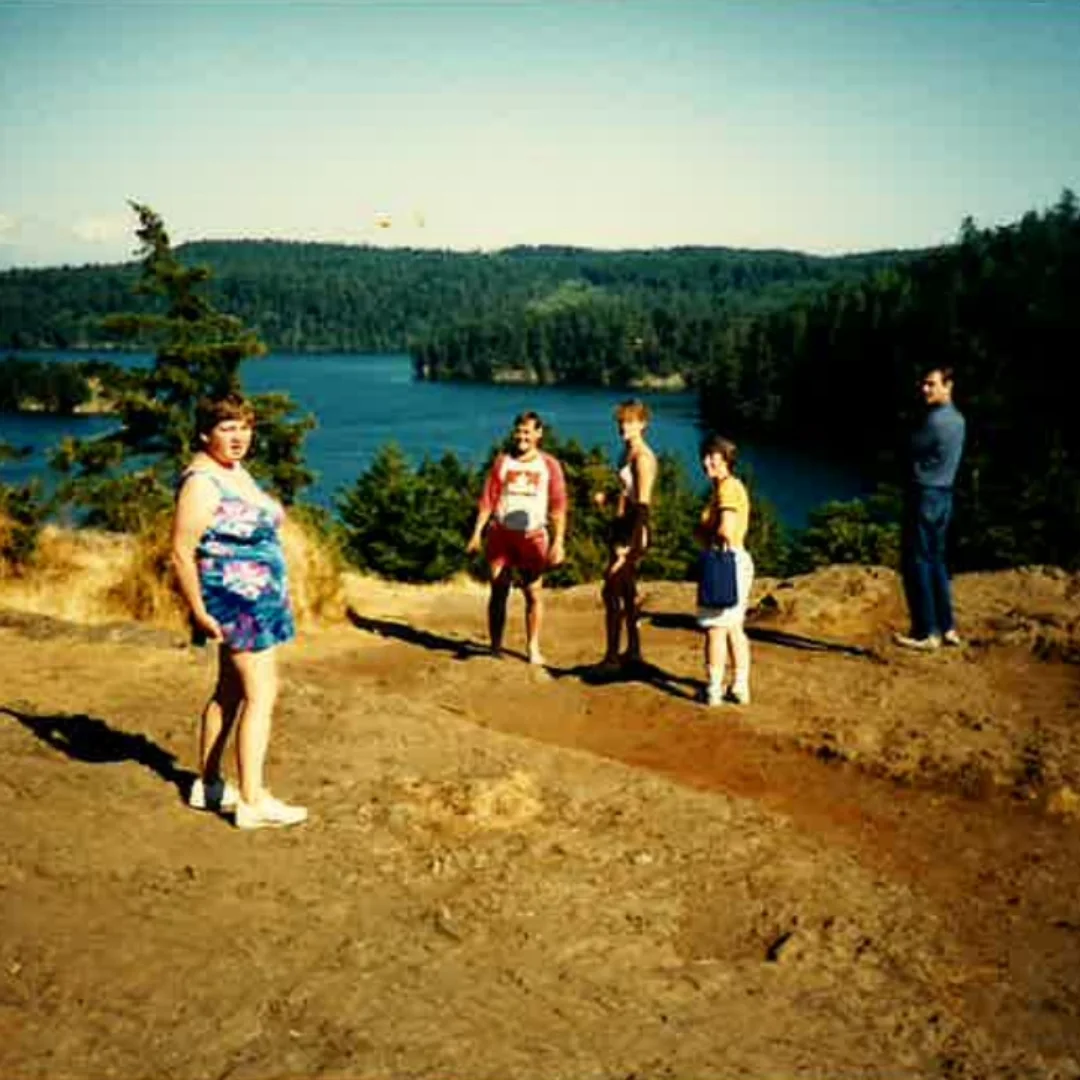Who We Are
UNITI builds healthy and inclusive communities for all.
Our Purpose
Enabling people to lead self-directed lives in their communities.
UNITI offers quality services to people with developmental disabilities and their support networks. We also provide affordable and inclusive rental housing in Surrey. Through community engagement, we increase awareness about inclusion, advocacy, and disability rights. We firmly believe that together, we’re stronger.
Our Philosophy
Community inclusion for all.
UNITI believes that people who have developmental disabilities should be valued and included fully in their communities, with the same rights and responsibilities as all people living in Canada.
We believe that all people have the right to control their own lives through personal choices about relationships, jobs, living arrangements, spirituality, travelling, and recreational activities. Additionally, we believe that all people have the right to give back to their communities through volunteering and helping others. Everyone is entitled to live a happy, whole, and meaningful life.
We also believe that these rights can be reinforced and protected by ensuring people are connected to and supported by friends, family, staff, and the community.
Community Impact
Discover how we transform lives.
1000+
People supported by UNITI in the community
141 Affordable Rental Homes
Affordable housing units managed by UNITI
$300K+
Donations and grants raised by UNITI last year
Our History
Semiahmoo House Society, Peninsula Estates Housing Society, and The Semiahmoo Foundation adopted UNITI as the name of their partnership. UNITI continues to reflect on and transform our understanding of inclusion.
2020s
UNITI is now our new name in an effort to unify the three organisations: Semiahmoo House Society, Peninsula Estates Housing Society and the Semiahmoo Foundation. The push for more affordable housing in Surrey continues. In 2021, even after immense support from residents and businesses, the Surrey Mayor and four councillors denied the building proposal for Harmony Apartments. In response, UNITI and community allies campaigned to make Affordable Housing a key issue during the 2022 Municipal Elections. The campaign included “Lauren’s Story”, a documentary about the proposed Harmony Apartments and the impact its rejection had on Surrey residents, in particular Lauren Simpson, a community ambassador and housing advocate. In November 2022, Harmony Apartments was finally approved unanimously at a public hearing by the newly elected Surrey Mayor and Council.
In response to COVID-19, UNITI developed services like the Community Development Services.
In 2023, UNITI Self Advocates hosted twenty South Korean social service leaders, guiding them through the South Campus building and the Chorus Apartment. UNITI Self Advocates expressed pride in sharing their knowledge about inclusions and housing with others around the world.
2010s
In 2016, the Peninsula Estates Housing Society completed the construction of Chorus Apartments, and the first tenants moved in! At the time, Chorus Apartments was the first purpose-built rental housing built in Surrey in over 3 decades. The mix of residents reflects the diversity of our community and includes families, seniors, and people with developmental disabilities. At the same time, advocacy groups were pushing for a shift in disability language to emphasise that people with disabilities have human rights and the right to be in the community.
In the 2010s, UNITI saw growth internationally. UNITI’s models of inclusion won national awards and were also presented at many international conferences.
2000s
Home Share becomes an attractive alternative to Group Homes. In this model, people with developmental disabilities live in a home with a contracted Home Share provider and are included in the provider’s family and daily activities. In 2003, UNITI’s flagship building, The Treehouse (now known as South Campus), was completed. The building contains services and administration and has hosted very successful community events, including weddings, dances, and seven Taste of BC’s Finest events. In 2007, due to the urgent need for young people with disabilities to have social and recreational activities, UNITI’s Rec and Leisure Services was founded. Since then, hundreds of youth and seniors have enjoyed everything from weekly activities to international trips with their friends.
1990s
The Semiahmoo Foundation was incorporated in 1990. This was in an effort to separate fundraising and donation amounts from the Society’s operations. The Foundation was determined to encourage community programs for people with disabilities, establish a building fund to support further residential developments for those in need of housing, and promote awareness about the rights and needs of people with disabilities.
1980s
In 1981, Semiahmoo House Society purchased the Peninsula Estates property at 20th Avenue and 151A Street in Surrey to use as affordable housing with one-third of the units reserved for people with disabilities. At this point, the Peninsula Estates Housing Society was born. In 1983, Semiahmoo House Society sold its property on Oxford (the old Dawn school) and purchased the old Surrey Fire Hall on 24th Avenue. Following renovations, the building opened as The Achievement Centre. Here, people with disabilities learned life skills such as cooking and banking, discovered community resources, and engaged in various recreational activities. During the 1980s, a variety of programs bloomed, such as Semiahmoo Employment Services and Semiahmoo House Society Recycling Program.
1970s
Fewer and fewer people with disabilities are enrolled in institutions, although Woodlands, Glendale, Tranquille and Riverview were still open. The White Rock Society purchased five acres of land on 24th Avenue, and eight alumni of Dawn School moved into their new home called Fir Acres. At this time, a separate organisation, the Semiahmoo House Association, was also providing programs in White Rock to people with disabilities. The Semiahmoo House Association was a social program initially run by the Canadian Mental Health Association. In 1974, it became an official society and formed the Board of Directors. At this time, the government encouraged people with disabilities to live in staffed homes and move out of institutions. However, these staffed homes had little funding, so these programs relied on fundraising and advocacy efforts, such as those by the Go-Getters. By the end of the 1970s, the White Rock Society and the Semiahmoo House Association joined together to form the Semiahmoo House Society.
1960s
In 1965, the class relocated to the newly built Dawn School, which had been deeded to the White Rock School Board. Government grants covered half of the school’s budget, and the rest came from fundraising. In 1969, a retiring teacher, Jean Burke, stated that “The term 'forgotten children' no longer applies. These children are winning a rightful place in society. What is our aim in teaching? Happiness first, all else follows. What do we want for these children? To be accepted for who they are.” During the 1960s, the Ladner Farm also opened, providing opportunities for adults with disabilities to plant and harvest crops and take care of livestock.
1950s
In 1956, a meeting for the Surrey Parent-Teacher Association led parents, primarily mothers, to form the Boundary School for the Retarded. In May 1958, the school officially opened with its first day of classes. Soon after, the Boundary School split into two: the White Rock Society and another in Surrey. In 1959, the White Rock Society secured a classroom in Thrift Elementary School on Oxford Street in White Rock.


